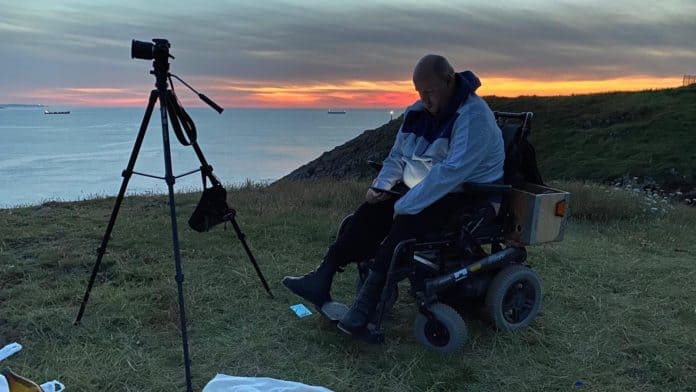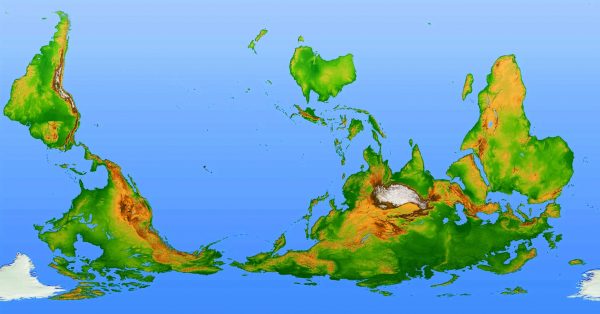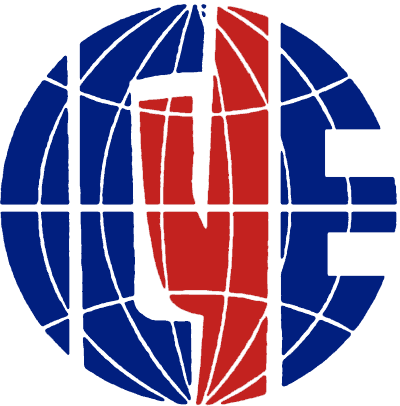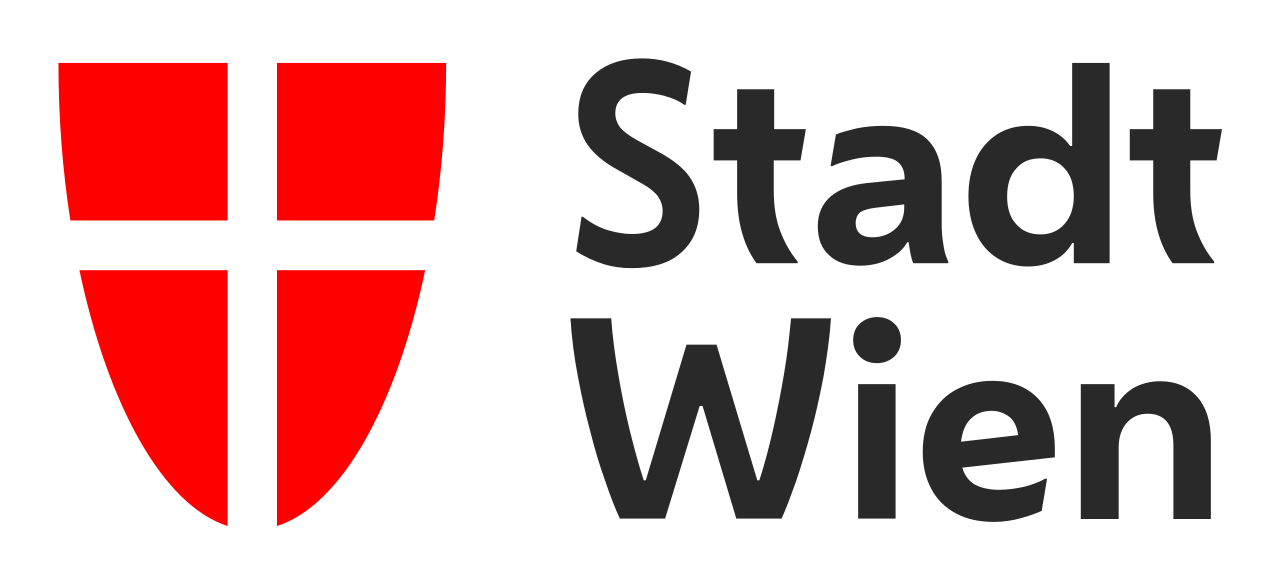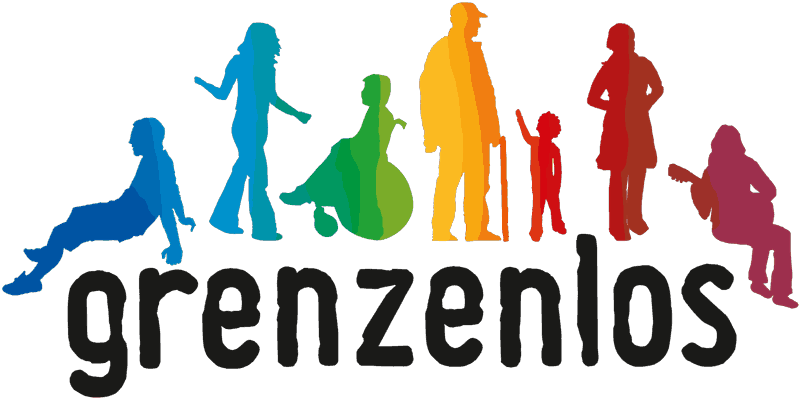I hope you listened and enjoyed my podcasts in December! Because inclusion and accessibility are so important values in European Solidarity Corps, this post continues with this topic. I met Martin Rieger and Pawel Masarczyk and asked them about their experiences and opinions.
“Just do it, because you have the opportunity”
Martin is a former ESC volunteer who has own experience on inclusion and accessibility. He volunteered in Spain (Grenzenlos was his sending organisation). Here is what Martin told me – interesting and impressive, isn’t it?
Who are you?
My name is Martin, I’m now 31 years old and I live in Vienna, Austria. Until August 2020, I was in Spain doing my ESC volunteering project. Grenzenlos was my sending organisation. It was really nice time.
What kind of disability do you have?
My disability means that I have reduced mobility (I can’t use my legs or move my hands normally etc.). I use an electric wheelchair.
How did you decide to become a volunteer and why?
I had been taking part in many activities and I found that people with disabilities can do a volunteering experience as well. I searched from the internet and found Grenzenlos. I wanted to go abroad, to see another country, to get to know the new culture and language. And I really wanted to broaden my horizon.
Where did you do your volunteering project?
I was nine months in Spain. My project was located in the northern part of Spain, in the city called Aviles.
What did you do there in your project? What were your main tasks?
I was in the youth organisation in Aviles. I worked with social media and social networks, like Facebook and Instagram. I also created videos and they were published in the Youtube channel. When the youth organisation arranged some events, I was helping and supporting there. I really liked my work.
My accomodation was in a shared flat with three other volunteers. I live in Vienna alone and I never had a flatmate before, so it was something really new for me. Now I have tried it, but I’m still happy that I have my own flat here in Austria.
How did the volunteering project take care of your special needs that you have due to your disability?
I got an assistant to support me everyday. The assistant helped me in daily routines (such as cooking, cleaning, taking a shower etc.). I need an accessible house, so my flat was adapted for a wheelchair, which means that there is an elevator, doors are wide enough to use with a wheelchair, there’s an access to my room, bathroom etc. with a wheelchair…
What was the most important thing for you that made your volunteering possible and accessible for you?
Assistance, because my experience wouldn’t have been possible without it. Thanks to the assistance, I could carry out my daily routines and take care of my basic needs. I know that I couldn’t have done it alone, but when I had an assistant, it was possible to go abroad and do my voluntary work. It was really great how well the assistance was organised for me.
What were the best things in your time abroad for you personally, or what did you enjoy the most?
There were so many things. I could experience a new country, new environment, new language… I also enjoyed the sea, it was so nice to see the ocean every day. Now in Vienna I’m still missing the sea.
What would you like to say to young people with disabilities that are considering to go abroad and become a volunteer?
Just do it, you have the opportunity! It’s a huge possibility to get out from your confort zone and from your own country, to get to know some another country. This is really a life-changing experience that broadens horizon and changes the way you think and see the world. Don’t doubt – if you want to do it, just do it!

